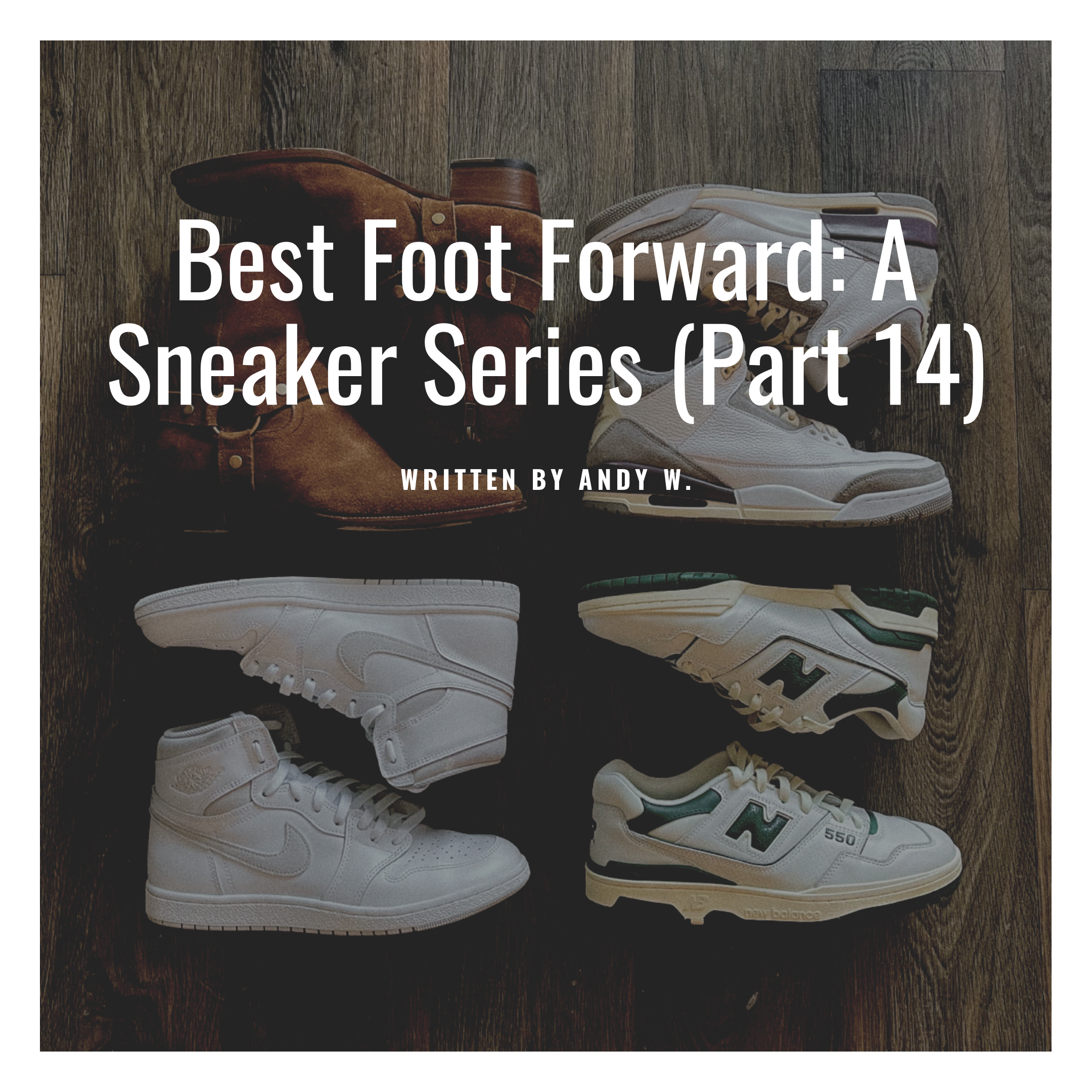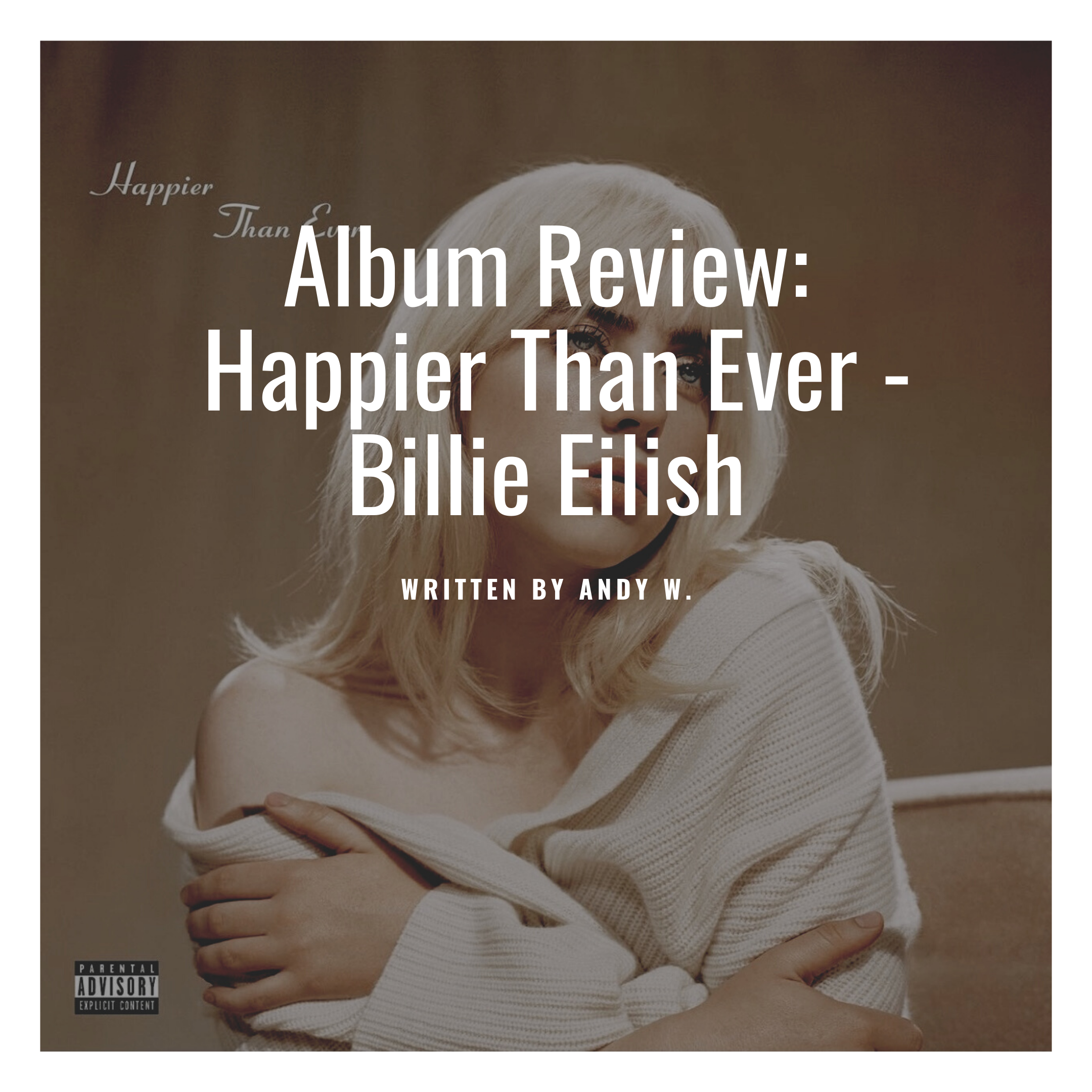Fall is finally upon us, which means that the Earth tones, boots, and Fall aesthetics from my wardrobe are finally in full swing again. This year has been packed full of exciting sneaker releases, collaborations, and high-end designer sales, some of which I’ve been lucky enough to get my hands on. Fortunately, I am once again able to write another installment of my favorite series here on this blog with part 14 of Best Foot Forward: A Sneaker Series.
Pair 1 (Upper Left): Saint Laurent Paris Wyatt in Brown Suede
The Saint Laurent Paris Wyatt has cemented itself as one of the most recognizable and iconic silhouettes in all of high-end menswear. Its signature heel and cowboy-like strap take this pair’s playfulness to the next level in the brown suede colorway, as opposed to my black leather pair’s elegance and presence. SLP’s craftsmanship is top-notch, and after many wears, the Wyatt’s sole is still holding up strongly. I was lucky to grab a pair from SSENSE on an over 50% off sale, which is essential given this boot’s retail price. Even though I will be wearing these year-round, and their deep brown color and buttery suede were built for the Autumn season.
Pair 2 (Lower Left): Air Jordan 1 High Retro ‘85 “Neutral Gray”
The Air Jordan 1 High is easily my favorite sneaker of all time. The “Neutral Gray” colorway, after its initial release in 1985, was brought back for the first time in 36 years this year and came fully adorned with the original detailings that made the first pair so special. A slightly higher-than-usual heel cut, a soft suede swoosh, and an ever-so-slightly blue tint to the sneaker’s tongue are impressive details that complement this shoe’s simple and clean design.
Pair 3 (Upper Right): Air Jordan 3 Retro X A Ma Maniére “Raised By Women”
Of all the sneakers I’ve added to my collection in recent years, the Air Jordan 3 Retro X A Ma Maniére “Raised By Women” is one of my favorites. Jordan Brand’s collaboration with Atlanta streetwear staple A Ma Maniére brings out the best from the Air Jordan 3. Thick suede elegantly replaces the iconic elephant print found on most threes, while aged and vintage-looking color tones add to this sneaker’s vibe. An homage to the women that raised him, this shoe is a powerful statement from its designer. This is easily the sneaker of the year.
Pair 4 (Lower Right): New Balance 550 X Aimé Leon Dore “Evergreen”
Speaking of collaborations, New Balance recently teamed back up with New York streetwear brand Aimé Leon Dore for the re-release of the 550. This vintage basketball silhouette checks all of the boxes for what makes sneakers popular in 2021: It is slightly chunky, features various materials, and features neutral colors that go with everything. I picked up the green pair, but wouldn’t be against also adding the gray ones eventually, as well. The cream lace swap just puts these over the top.
Although I’ve been writing a lot about music on this page recently, sneakers are still my favorite hobby and interest. I’m lucky to rock many of my dream shoes and pick up a lot of the best releases in any given month, and this year has been especially rewarding in that sense. What’s your favorite pair featured here?





